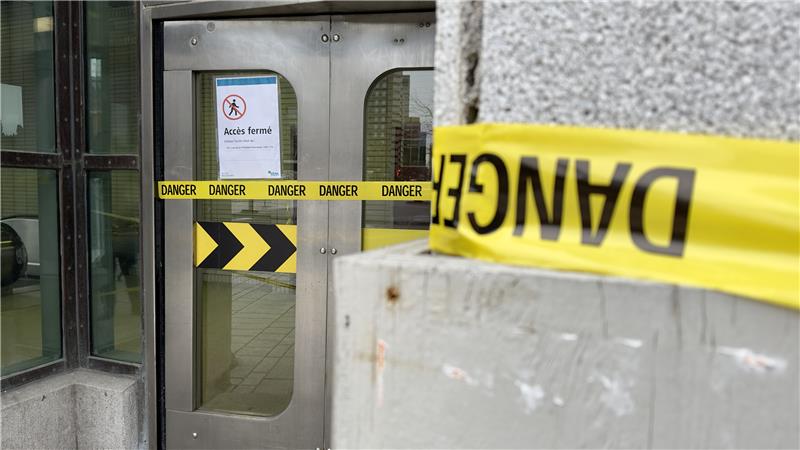B.C. woman says Canadian bureaucracy slowing down Afghan refugee resettlement

Posted August 29, 2021 2:13 pm.
Last Updated August 29, 2021 5:18 pm.
VANCOUVER (NEWS 1130) — Canada’s bureaucracy is getting in the way of helping Afghan refugees, according to a B.C. woman, as people like her struggle to get the necessary paperwork to help their loved ones get out of the country.
Canada has pledged to help 20,000 vulnerable Afghan nationals settle in the country and evacuate them from the Taliban-controlled city of Kabul. However, Tabasom Fayaz, a fist generation Canadian-Afghan, tells NEWS 1130 the federal government is putting paperwork ahead of people.
“I have cousins that are waiting for a visa application approval, which is not necessary right now. It’s enough that they’re in danger,” Fayaz said, explaining other than the clothes on their backs, some refugees don’t even have other belongings.
“[Refugees are] dealing with 1,001 things. At the same time when you’re living in that situation … you’re not really worried about your passport or your I.D.s, you’re worried about the nearest evacuation way that you can find.”
Related Articles:

Fayaz’s aunt, cousins, and their children have all been in hiding, because several members of the family worked for Canada, the U.S. and the U.K. and now fear for their safety amid a Taliban takeover.
Her family can’t get their passports because the office is swarmed with Taliban members and their internet is spotty, so she’s been filling in forms online for them.
“I feel like Canada really let us down when it comes to their immigration policy and the way they’re going about things is a little bit tedious for themselves and for people in Afghanistan at the moment,” she said.
Despite multiple emails to the Canadian immigration office vouching for her aunt, Fayaz says she’s heard nothing.
She says if anything, the government should either let people know “we can’t take you” instead of leaving them hanging, or find a way to manage its emails.
She suggests Ottawa should pay attention to the emails sent by families vouching for their loved ones. She says she understands Canada needs to protect its own people, but when refugees and their families are frantically looking for any way out, they should be able to leave and deal with the paperwork when they are safe.
“I honestly have a lot of respect for Canada. The only thing that they’ve really let Afghans down with is the way that they have gone about this refugee crisis,” she said. “We can’t evacuate entire country and I totally get that, as much as I would want that to happen for my people. But people at risk right now are the ones that have worked for Americans, Canadians, anything in the western countries, so they really need to stop with the paperwork and just get on with the emails they’re getting.”
Related Articles:
-
‘I feel so devastated’: Surrey man desperately trying to get mom, siblings out of Afghanistan
-
Former Afghan interpreter for Canadian military fears for family in Kabul
-
‘We cannot sleep, we cannot eat’: New Westminster man fears for family in Afghanistan
Tens of thousands of Afghans have sought to flee the country since the Taliban’s rapid takeover earlier this month, fearing a return to the harsh form of Islamic rule the group imposed on Afghanistan from 1996 until 2001. Others fear revenge attacks or general instability.
The Taliban has pledged amnesty for all Afghans, even those who worked with the U.S. and its allies, and says it wants to restore peace and security after decades of war. But many Afghans distrust the group, and there have been reports of summary executions and other human rights abuses in areas under Taliban control.
Fayaz says, as a Canadian-Afghan listening for updates, she finds “every day we wake up hoping we don’t hear anything worse than the day before.”
“It takes away, from your everyday life. It doesn’t let you focus the same way on anything anymore. Work, school, for many people, I think it’s just been a big haze. At this point. No one knows what they’re doing. No one knows how they feel.”
– With files from Kurtis Doering, Lisa Steacy and The Associated Press








